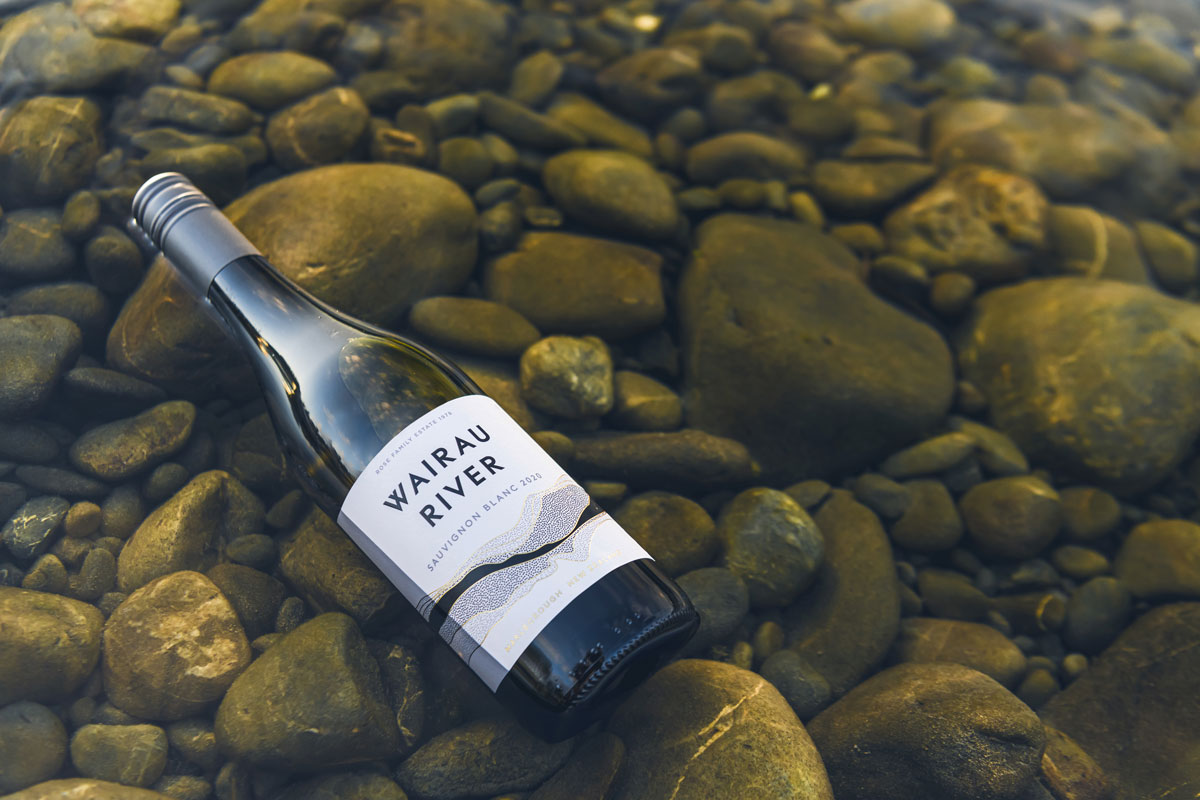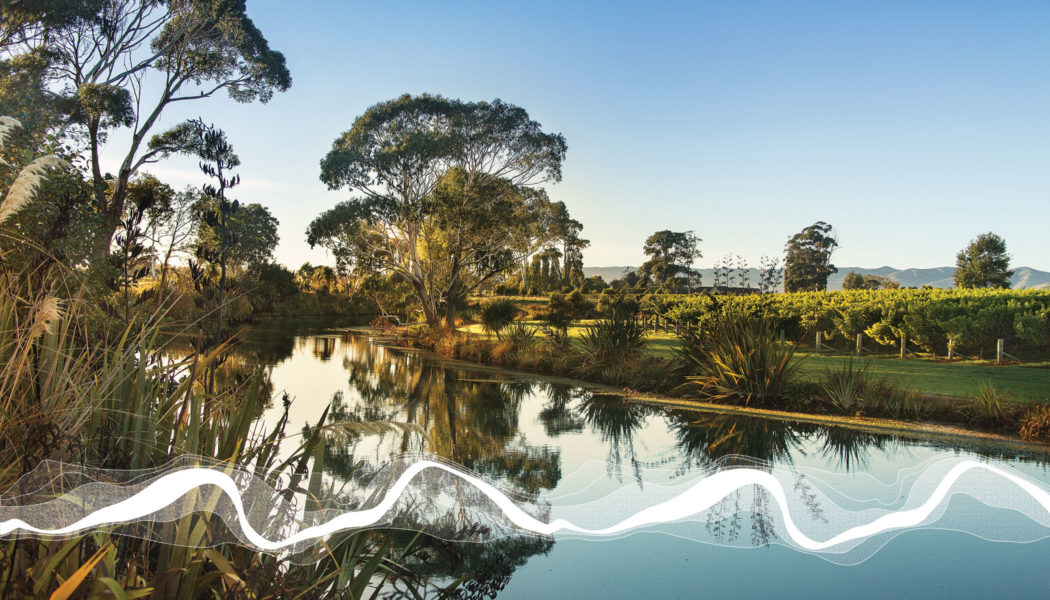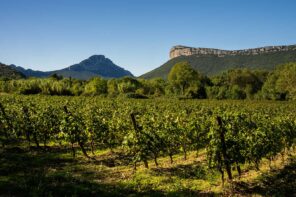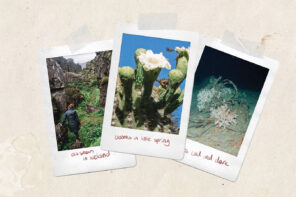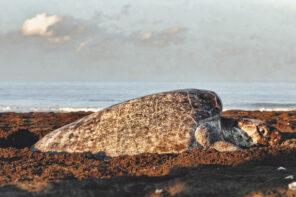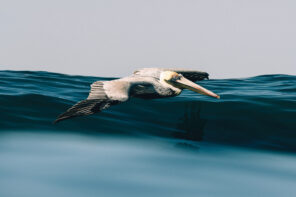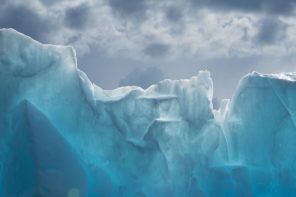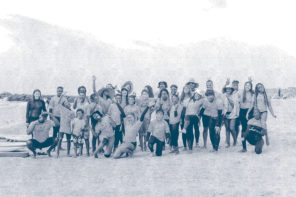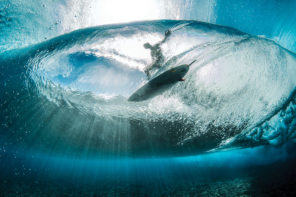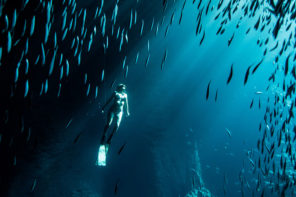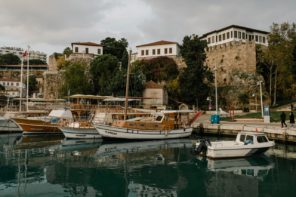Abalone Diver To Viticulturalist
With the 2022 vintage just complete, Hamish Rose, viticulturist at Wairau River winery, is feeling particularly appreciative of Mother Nature. While the results of the last 12 months of hard work sit safely in a tank at the winery, he can now sit back and enjoy a cold beverage as the plants begin the process of returning their energy (carbohydrates) from their leaves to their roots, to be stored over winter, ready for new spring growth.
The word Wairau translates to “many waters” in Māori.
Water is the primary influence when growing grapes to make some of Marlborough’s best Sauvignon Blanc. It is a precious resource that is carefully managed, not just because of simple necessity for vine health and grape quality but out of respect—you can’t take without giving back. Our vines are older, with well-established root systems that don’t need as much water. But when there is a full canopy of leaves and ripening fruit, each vine could still use up to nine liters a day. Without sufficient water, the canopy can’t photosynthesize which means the plant can’t ripen and the grapes shrivel without reaching maturity. Too much water isn’t good either, as it can mean disease gets in and your grapes can rot on the vine.
By planting the vineyards in the stony soil deposited over millennia by the Wairau River on its journey from snowy mountains to the Pacific Ocean, Phil and Chris Rose ensured their grapes would never be short of clean, pure river water.
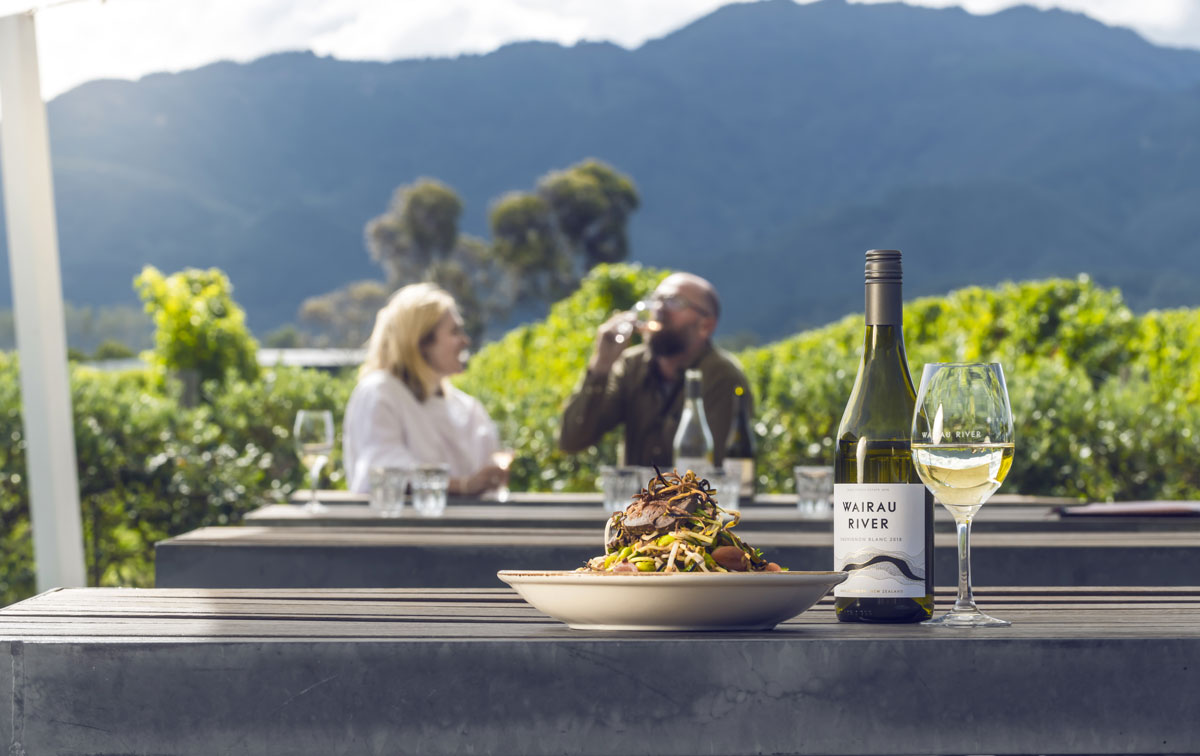
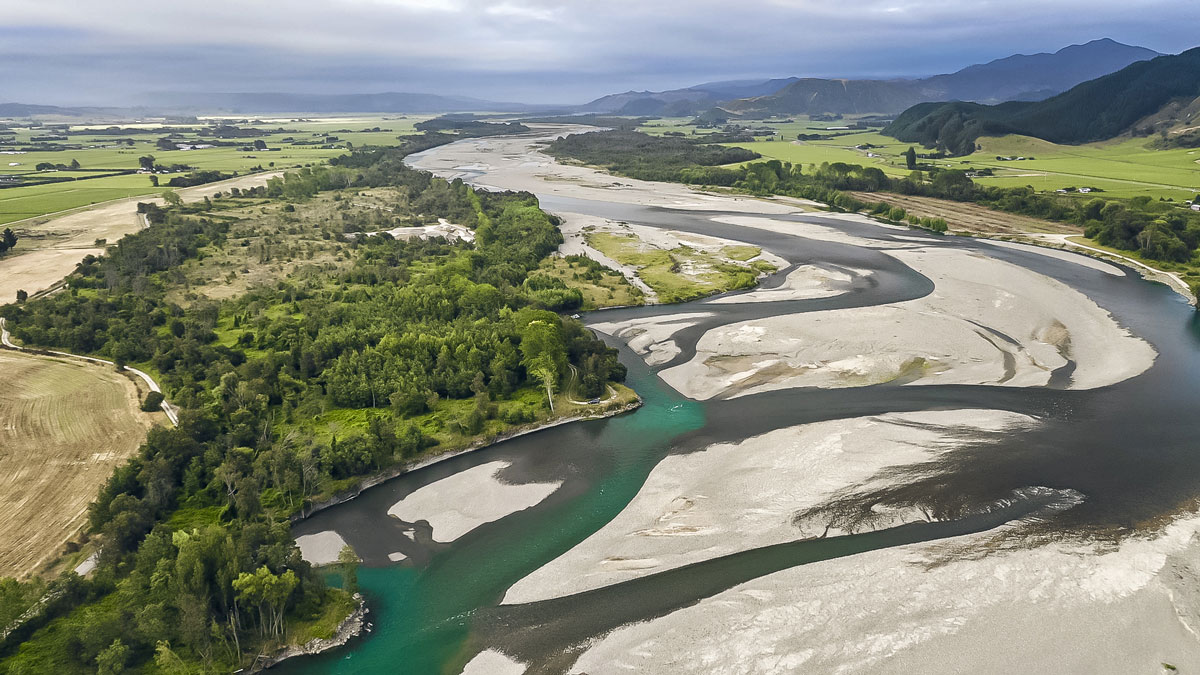
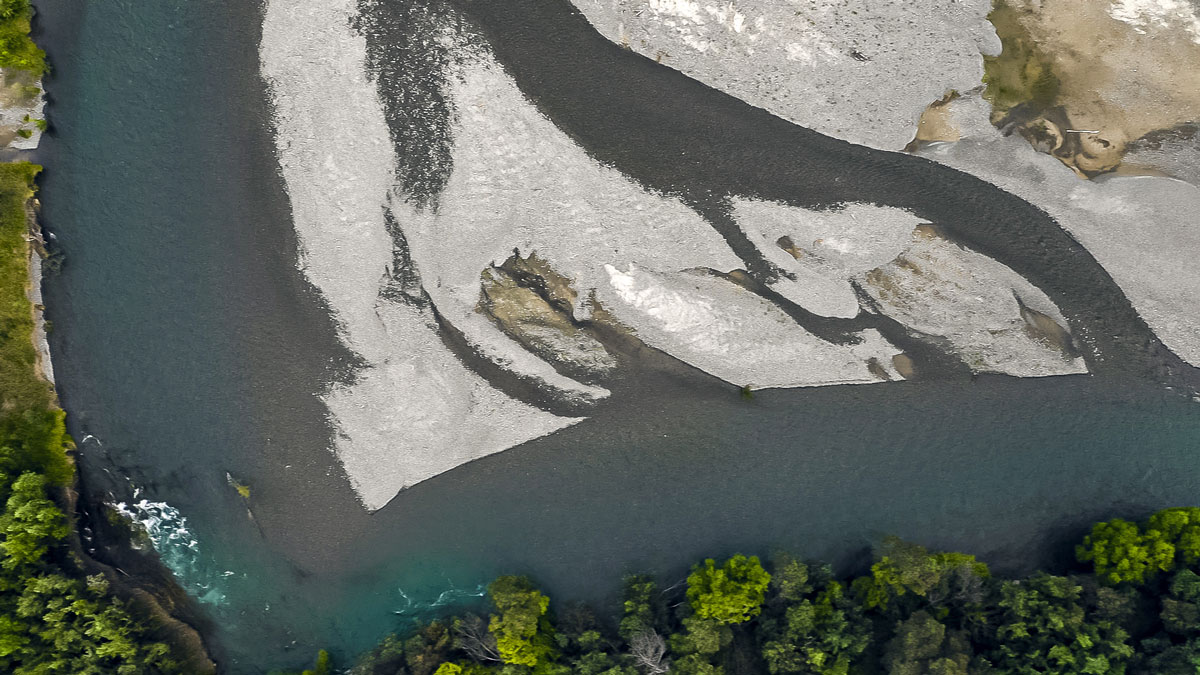
Out of the water and into the barrel
Hamish’s story is cyclical, beginning in the Rose family home in the middle of their first vineyard, on the northern side of the Wairau Valley. Growing up working in the vineyards, Hamish learned very early on to value natural resources. It was no surprise he went on to study horticulture at Lincoln University.
If weekdays were spent on the land growing things, weekends were spent with his parents and four siblings on the water in the Marlborough Sounds, fishing and diving. Hamish’s love of diving made the it easy to say yes to working as an abalone diver for one of Marlborough’s first quota holders. Free diving along New Zealand’s rugged east coast, from Kaikoura to the Marlborough Sounds, is not luxurious. The water is never more than 16 degrees Celcius (about 60 degrees Fahrenheit), and you’re in it for up to 10 hours at a time. After 10 years of getting into a cold wetsuit at 6 a.m., the growing demand for Marlborough wines and a call from the family beckoned Hamish back to the river’s edge.
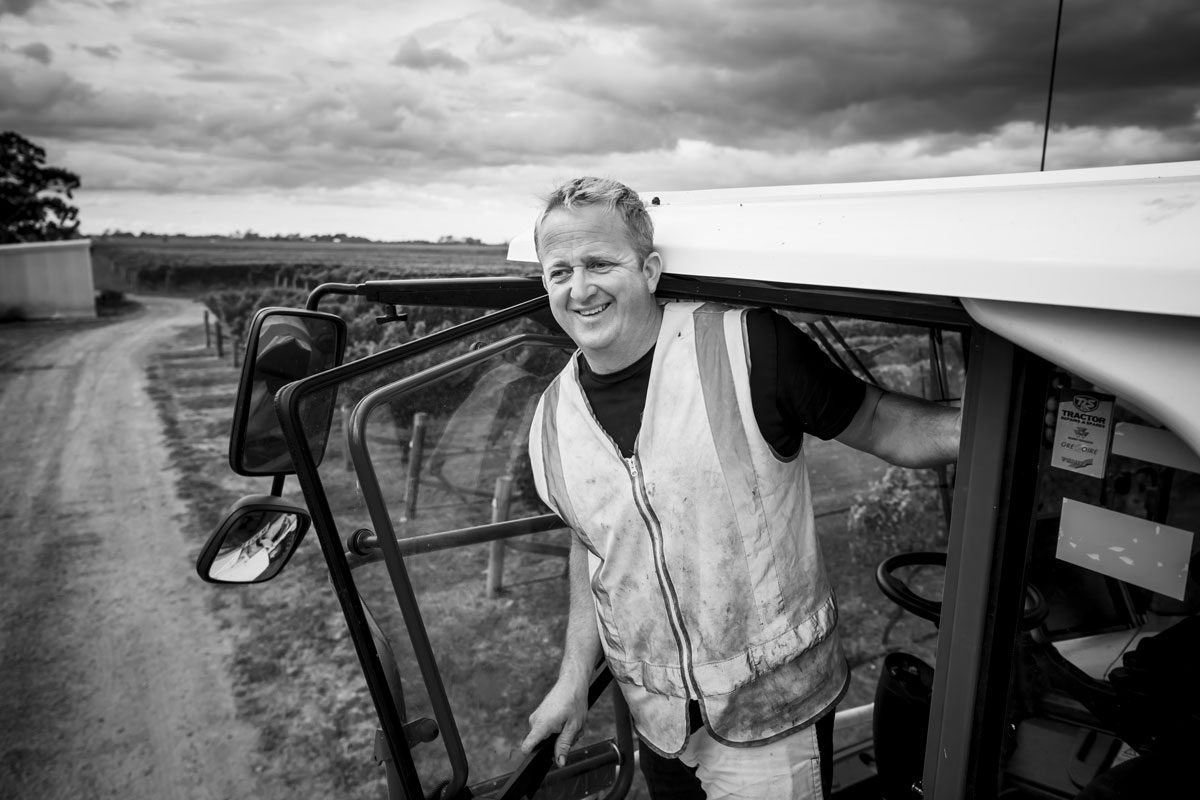
In His Own Words
Our family has been farming along the Wairau River for over 150 years, so it made sense to honor the river by naming our wine after it. The word Wairau translates to “many waters” in Māori. It starts up in the Spenser Mountains and runs down a fault line along the northern side of the Wairau Valley and into the Pacific Ocean. We have vineyards along its banks for 10 kilometers before it meets the sea. It’s reasonably shallow but when there’s a big rainfall it can carry a torrent of water. In the last flood, we were reminded of how we ended up with river stone and silty loam soils that help give Marlborough’s Sauvignon Blanc its distinct minerality and flavor profile.
We rely on the Wairau and its aquifers not just because we are wine growers but because it defines Marlborough and it has shaped our wines since the beginning. We’re aware that we are not in charge—the seasons dictate the crop, and every season is different. This year’s flood had its upside, it provided a very clear reminder of who calls the shots!
Learn more at wairauriverwines.com →
